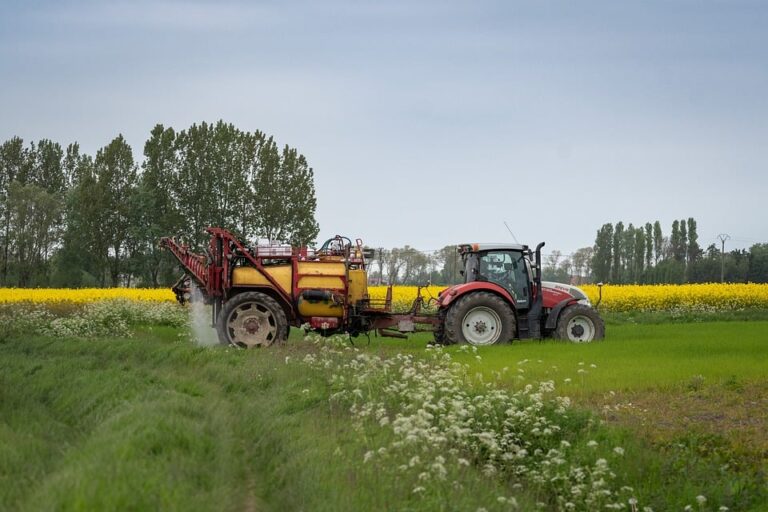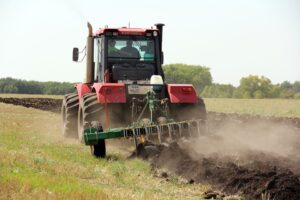Women’s Economic Participation in Early Russian Society
Russian Society in the Early Centuries
In early Russian society, women played a crucial role in the economic activities of their communities. As the country was undergoing transformations and development, women were actively involved in various trades and services. This was particularly evident in the rural areas, where women were responsible for agricultural work, such as tending to crops, milking cows, and preparing food. In the urban centers, women were engaged in a wide range of economic activities, including trading, craftsmanship, and domestic services.
Role of Women in Agriculture
In rural Russia, women were essential to the success of agricultural activities. They were responsible for planting and harvesting crops, as well as taking care of livestock. Women worked side by side with men in the fields, contributing to the overall productivity of the community. Additionally, women were in charge of managing the household and ensuring that there was enough food to sustain the family throughout the year. Their role in agriculture was crucial to the survival and well-being of early Russian society.
Women in Trade and Craftsmanship
In urban areas, women were actively involved in trade and craftsmanship. They ran businesses such as market stalls and shops, selling a variety of goods to the local population. Women were also skilled in various crafts, such as weaving, embroidery, and pottery making. These skills were passed down from generation to generation, creating a legacy of women artisans who played a significant role in the economy of early Russian society. Women were not only consumers in the market but also active participants in the production and distribution of goods.
Challenges Faced by Women in Early Russian Society
Despite their important role in the economy, women in early Russian society faced numerous challenges. They were often subjected to social and cultural restrictions that limited their economic opportunities. Women were expected to prioritize their roles as wives and mothers, which sometimes hindered their ability to engage in economic activities outside the home. Additionally, women were paid less than men for the same work, reflecting the prevailing gender inequalities in early Russian society.
Legal Restrictions on Women
Women in early Russian society were also bound by legal restrictions that limited their economic autonomy. Property and inheritance laws favored men, making it difficult for women to own land or other assets. Women were often dependent on male relatives for financial support, which further limited their economic independence. The legal system in early Russian society was patriarchal in nature, reinforcing the subordinate status of women in economic matters.
Social Stigma and Stereotypes
Women in early Russian society also faced social stigma and stereotypes that undermined their economic contributions. The prevailing belief that women were not suited for certain types of work or should prioritize their domestic responsibilities often led to discrimination in the workplace. Women were frequently relegated to lower-paying jobs or excluded from certain industries altogether. This limited their ability to fully participate in the economy and fulfill their potential as skilled workers and entrepreneurs.
Empowering Women in Early Russian Society
Despite the challenges they faced, women in early Russian society found ways to empower themselves and contribute to the economy. They formed networks and associations to support each other in their economic endeavors. Women shared skills and resources, creating opportunities for collaboration and mutual growth. Additionally, some women challenged social norms and legal restrictions by asserting their rights to economic independence and property ownership.
Education and Training
Education played a key role in empowering women in early Russian society. Some women were able to access formal education and training in trades and crafts, enabling them to develop new skills and expand their economic opportunities. Education also provided women with the knowledge and confidence to challenge existing stereotypes and societal expectations. By investing in their education, women were able to break down barriers and access new avenues for economic participation.
Advocacy and Activism
Women in early Russian society also engaged in advocacy and activism to promote their economic rights. They organized protests and campaigns to demand fair wages, better working conditions, and equal opportunities in the economy. Women’s groups lobbied for changes in laws and policies that discriminated against women, leading to incremental improvements in their economic status. By raising their voices and taking collective action, women were able to effect change and create a more inclusive economy for themselves and future generations.
In conclusion, women played a vital role in the economic development of early Russian society. Despite facing numerous challenges, women actively participated in agriculture, trade, and craftsmanship, contributing to the growth and prosperity of their communities. By forming networks, advocating for their rights, and investing in education, women empowered themselves and paved the way for greater economic participation in Russian society. The legacy of women’s economic contributions continues to resonate today, highlighting the resilience and determination of women throughout history.





